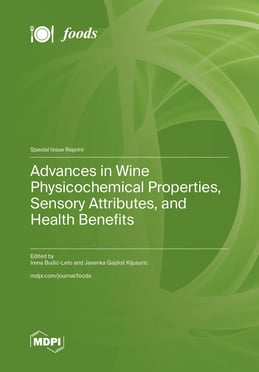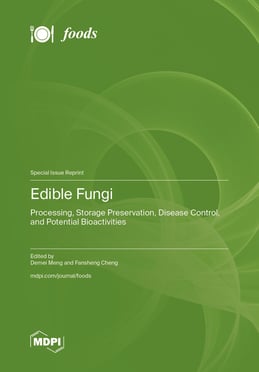- 5.1Impact Factor
- 8.7CiteScore
- 15 daysTime to First Decision
Foods
Foods is an international, peer-reviewed, open access journal on food science published semimonthly online by MDPI.
The Italian Society of Food Sciences (SISA) and Spanish Nutrition Foundation (FEN) are affiliated with Foods and their members receive discounts on the article processing charges.
Indexed in PubMed | Quartile Ranking JCR - Q1 (Food Science and Technology)
All Articles
News & Conferences
Issues
Open for Submission
Editor's Choice
Reprints of Collections

Reprint
Advances in Wine Physicochemical Properties, Sensory Attributes, and Health Benefits
Editors: Irena Budić-Leto, Jasenka Gajdoš Kljusurić

Reprint
Edible Fungi
Processing, Storage Preservation, Disease Control, and Potential BioactivitiesEditors: Demei Meng, Fansheng Cheng




